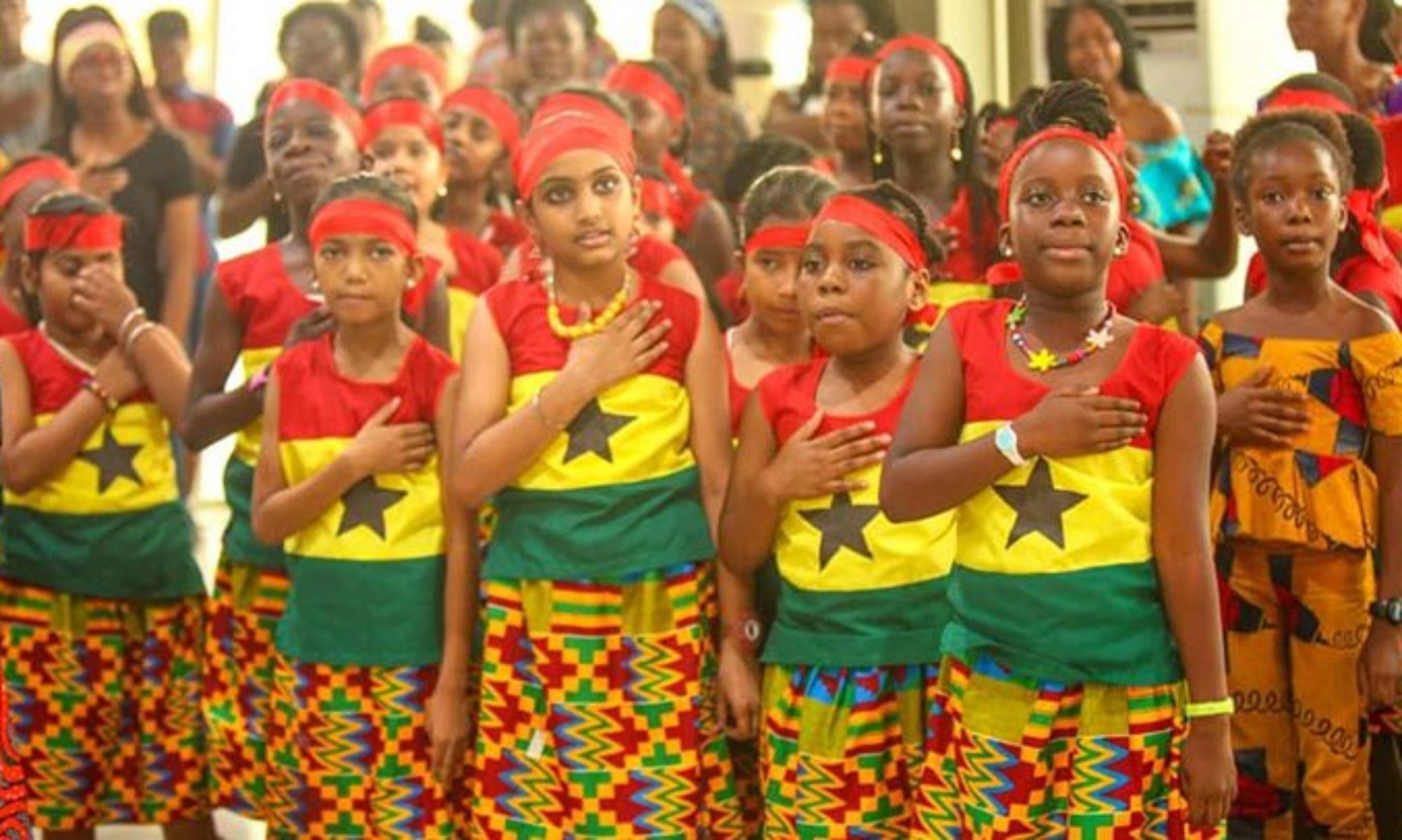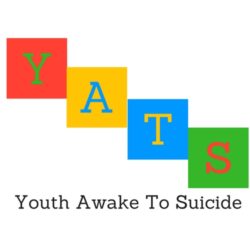Background information regarding legislation
In 2012, Parliament of Ghana passed the Mental Health Act 846, replacing the Mental Health Decree (NRCD 30) of 1972.
The act seeks to accomplish several major goals that include the protection of human rights of persons with mental illness; the de-emphasis of institutional care and decentralization of mental health care; and the collaboration with traditional and faith based practitioners of mental health
The act also established a Mental Health Board to propose and implement mental health policies in order to carry out the goals of the act.
Also was the establishment of the Mental Health Fund to support the activities of the board.
Despite the goals and potential benefits of the legislation, a major omission that might render the policy incomplete is the issue of suicide and behavioural health.
I am therefore calling for an amendment to support the ongoing efforts by the various youth groups and organizations to prevent Suicide especially among the youth.
Data/stats provided to support background information or legislation
Fellow parliamentarians, Ghana is plagued with a high number of cases of suicide with at least 1,500 reported cases annually.
A suicide attempt is a clear indication that something is gravely wrong in a person’s life.
No matter the race or age of the person how rich or poor they are most people who complete suicide have a mental or emotional disorder.
Police reports indicate that at least five people attempt and complete suicide daily in Ghana. Using these reports we have identified that persons between ages 9 to 19 years are most likely to complete suicide whiles more Males complete suicide than Females.
The alarming part is that the neighborhood and poverty level of the individual is significant on the completion rate of suicide in Ghana with persons living in rural areas at more risk.
Importance of the amendment
Therefore, a piece of legislation that is supposed to cater for the mental health needs of the country, which does not consider suicide despite its widespread nature, needs to be amended. The absence of a national policy on suicide prevention is one of the greatest challenges, coupled with lack of political will and commitment to empower the Mental Health Authority (MHA) as well as negligence of counselling and guidance centers in schools and communities.
In addition, the media do not have standards for reporting suicide and other mental health issues. This adds to the stigma and marginalization of youth who are contemplating suicide.
Furthermore, suicide is considered a criminal offence in Ghana.
Section 57 Clause 2 of the 1960 Criminal Code of Ghana clearly states that attempted suicide is a crime.
Traditionally, there is a lot of stigma attached to suicide and persons who complete suicide are not given befitting burials in the community.
Several organizations have advocated for an amendment of the act to include a comprehensive suicide policy. The immediate response was the establishment of a national suicide helpline which is largely ineffective in dealing with the problem especially in the rural areas where it is needed most.
We therefore propose the following amendments to the Mental Health act as follows:
- The abolishment of Section 57 Clause 2 of the 1960 Criminal Code of Ghana to decriminalize suicide
- The establishment of a national policy on suicide as an amendment to the mental health act
- To include effective research and data collection process on suicide statistics
- Training of personnel
- Revamping the national suicide hotline
- An establishment of a specific policy to tackle youth suicide nationwide. The policy must have
- A mechanism to create a network to connect youth in schools with appropriate behavioral health care.
- In addition, to identify youth at risk and increase help seeking behavior.
- To reduce access to potentially lethal means
- Increase access to effective services.
We are ready to share the blueprint of this new Policy or amendment with legislators and to be a part of the project. This is the first time such an amendment has been called for and we are ready to take this as far as we can to save lives.
Advocates for the legislation
We have been in talks with the WHO, American foundation for Suicide Prevention, University Teachers Association of Ghana, National Union of Ghana Students and Tertiary Education Workers Union. They have all expressed their support and commitment to this amendment.
Financial impact of legislation
We estimate that this policy will cost a total of $100,000.00 per annum to implement and we intend to fund it using grants or from the mental health fund.
I will like to conclude my testimony by calling on all parliamentarian’s, the minister of health, the presidency as well as all youth advocacy groups to join the campaign to include suicide into the mental health Act of 2012.
The potential outcomes of the policy include reducing stigma on suicide, easing conversation on suicide among the youth, addressing the misconceptions of suicide, encouraging help-seeking behaviour among the youth, providing strength and creating a strong community to eliminate suicide.
The elimination of suicide among the youth will go a long way to help develop the Ghanaian economy.
The youth are the backbone of our future. Lets pass this amendment now. Thank you


Hi, this is a comment.
To get started with moderating, editing, and deleting comments, please visit the Comments screen in the dashboard.
Commenter avatars come from Gravatar.